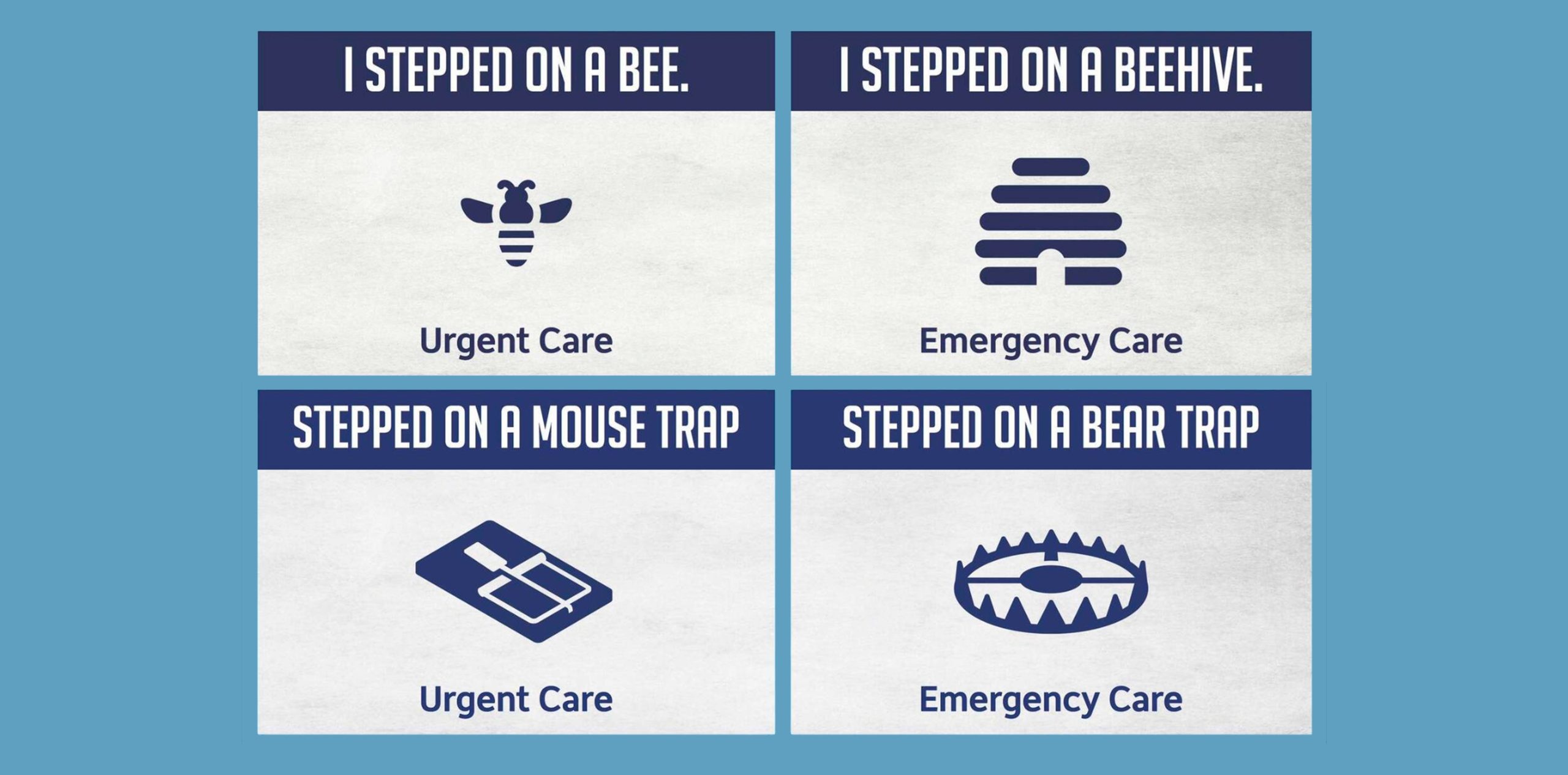Every primary care body is set against urgent care clinics, but 70% of GPs responding to a recent HealthEd poll would beg to differ.
The AMA, RACGP and ACRRM may find themselves on a collision course with members over government-funded urgent care clinics (UCCs), with recent polling finding that up to 70% of GPs support the initiative in principle.
It comes just weeks after the three peaks, along with the RDAA, General Practice Supervision Australia, General Practice Registrars Australia and the Australian Indigenous Doctors’ Association issued a joint position statement calling on the Department of Health and Aged Care to pull funding from the clinics.
The group, which calls itself the National Council of Primary Care Doctors, cited “significant concerns” that UCCs were creating unnecessary competition for the stretched GP and primary care nursing workforce.
“The council understands patients need greater access to affordable GP services, but the solution needs to address fundamental structural issues as opposed to the pursuit of short-term options that contribute to longer-term issues in the system including increased costs and more confusion for patients as there are increasing entry points of the health care system, but little to ensure the alignment with evidence-based gold standard primary care models of care,” it said.
In a poll run by medical education company HealthEd last week, 572 out of 802 GPs – or 71% – said they supported UCCs, at least in principle.
When asked to rate the impact of patient interactions over several different sets of criteria, around 80% of 439 respondents said there was a positive impact on timely delivery of patient care and pressure on local emergency departments.
Around 60% said there had been positive impacts on patient health outcomes and quality of care, while just less than half rated the impacts on cost to patient and cost to the health system as positive.
Where support for UCCs fell apart was on continuity of care – around one third said the impact was very positive, one third said the impact was negative and the remaining third felt there was no impact.
Related
It’s not the only recent HealthEd poll where GP views have somewhat diverged from that of the colleges.
While the immediate reaction of the RACGP to the Scope of Practice Report, for example, has been to warn against the move to allow nurses and allied health to directly refer to non-GP specialists, doctors responding to a HealthEd poll last month painted a more nuanced picture.
Although close to 80% of the 1246 respondents were against instances where chiropractors or osteopaths could refer to an orthopaedic surgeon, the same proportion said they were in favour of a remote area nurse referring to a medical specialist.
GPs were also firmly against dietitians referring to a gastroenterologist, nurse practitioners referring to psychiatrists, geriatricians, urologists or gynaecologists and podiatrists referring to a vascular surgeon.
Opinion was split close to 50/50 on whether physiotherapists should be able to refer to orthopaedic surgeons and diabetes educators should be able to refer to endocrinologists.
The other scenarios where GPs were largely in favour of non-medical prescribing were audiologist and speech pathologist referral to ENT, psychologist referral to psychiatrist and midwife referral to obstetricians and anaesthetists.
Responding to the same survey, most GPs said they would only be open to the idea of non-GP referrals if the process included meaningful collaboration with general practice.





